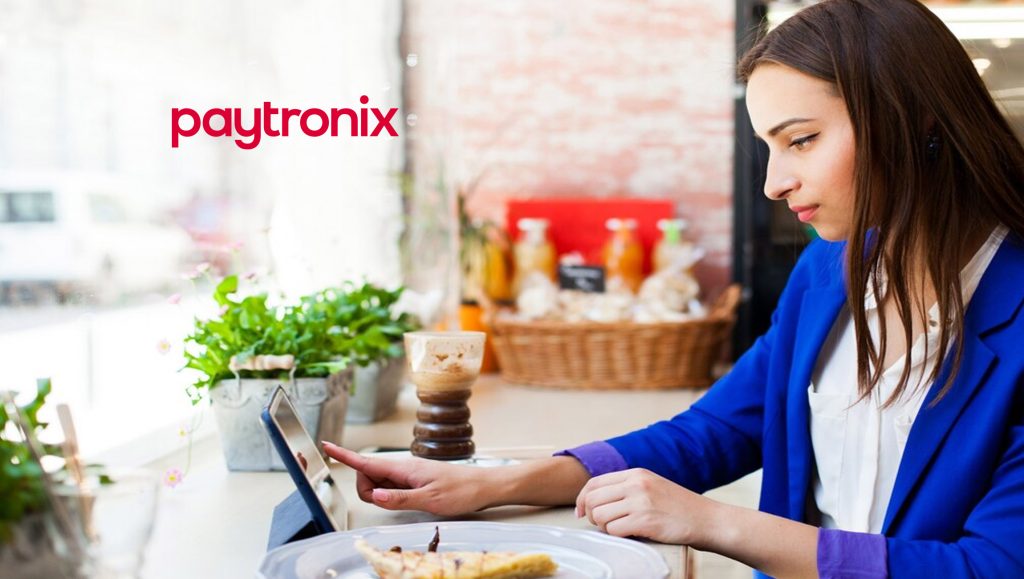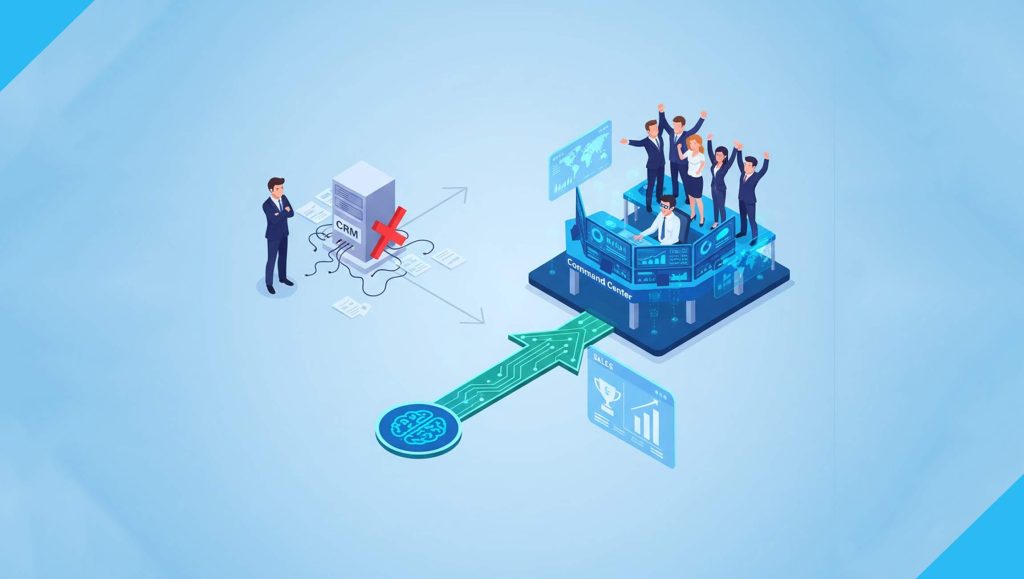-
27% of restaurant and c-store orders were conducted online in 2023
-
Mobile apps generate 34% of all digital orders, and when compared to web users, offer 45% higher customer lifetime value
Paytronix, the leader in guest engagement for restaurants and convenience stores, published the 2024 Paytronix Online Ordering Report which found that guests transacting directly with a brand order 35% more items per check compared to those who order via third-party marketplaces. Online ordering represented 27% of all orders for restaurants and convenience stores in 2023, and operators in the top 25% of online ordering volume saw online orders jump to 62% of all their orders last year.
“The biggest takeaway is that while third party marketplaces have their uses, a first-party online ordering platform is key to a brand’s online ordering success,” said Tim Ridgely, Vice President of online ordering at Paytronix. ”Moreover, those brands that build a robust digital guest engagement platform that includes loyalty and a mobile app are better equipped to leverage modern AI tools, get closer to their guests, and deliver a powerful omnichannel guest experience.”
Read More: GreyOrange Raises Item-Level Accuracy to 99% with gStore Overhead RFID Technology
The 2024 Paytronix Online Ordering Report outlines how to optimize all of the systems and operations integral to a fully integrated guest engagement platform, with clear steps on how to:
- Convert guests from third-party marketplaces to a first-party online ordering system
- Consolidate technology for efficiency and better guest engagement
- Use artificial intelligence to increase guest engagement
- Leverage customer data for a personalized experience
The Paytronix report also celebrates the introduction of artificial intelligence (AI) tools and their advanced personalization capabilities, which make off-premises experiences feel as engaging as in-person ones. The report outlines how successful brands are leveraging AI to segment guest data, create personalized marketing campaigns, build rewards, and optimize menus to the needs of their customers. Operators are using these platforms to boost order frequency, anticipate future needs, and increase customer lifetime value.
Additional findings from the Online Ordering Report include:
- Guests who order both in-store and online have the highest order frequency, the best retention, and 35% more lifetime value than customers who only order in-store.
- First-party ordering platforms are the preferred method for consumers during lunch and dinner, and they also spend 30% more per transaction. However late-night orders (any time after 8pm) are nearly one third more likely to be done using third party marketplace apps.
- Mobile apps generate 34% of digital orders, and mobile app users have a 45% higher CLV than web users.
- Quick Service Restaurant (QSR) loyalty members place 38.4% of their orders online, while Full-Service Restaurant (FSR) counterparts order online 30.2% of the time.
- Loyalty program members also shine when it comes to frequency, visiting their favorite establishments over 40% more often than non-members.
The Paytronix Online Ordering Report provides trends and actionable insights from Paytronix online ordering experts. It’s designed so restaurant and convenience store marketers, as well as operations and technology leaders, can benchmark online ordering tools and strategies and devise improvements to deliver breakthrough performance.





















